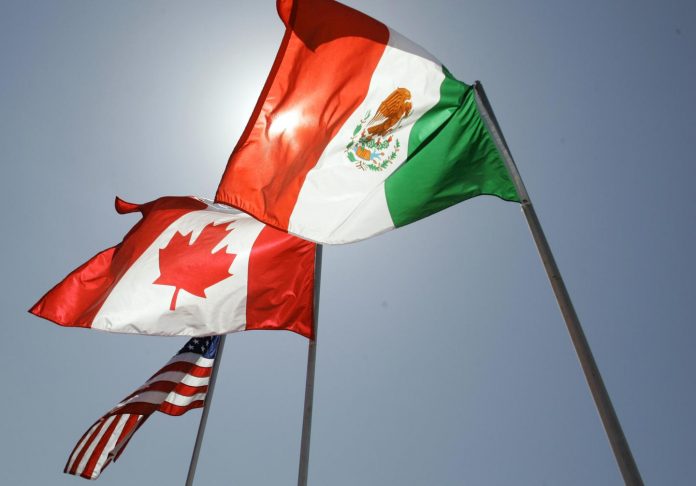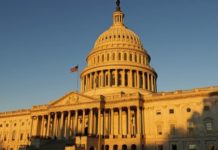
There are lots of reasons a U.S. firm might choose to invest in another country. In some cases, labor costs or access to new markets might provide valuable incentives for foreign investment. In the case of energy, however, investment follows geology. As energy analyst Jude Clemente recently pointed out in Forbes, location of natural resources plays a key role in where U.S. firms invest their dollars overseas. Energy-rich nations such as Canada and Mexico — also vital energy trading partners of the U.S. — continue to attract high levels of interest from American capital sources.
That’s what makes current discussions about the future of NAFTA, which serves as the basis of trade with Canada and Mexico, particularly important when it comes to the energy sector. That’s also why a recent claim by U.S. Trade Representative Robert Lighthizer that the United States might abandon the Investor-State Dispute Settlements (ISDS) mechanism should signal an alarm for American companies. Today, the ISDS is the only recourse for justice for U.S. firms sinking significant capital into Canadian and Mexican markets. It ensures that American companies and workers are treated fairly by our Mexican and Canadian trading partners and that profits and assets aren’t unjustly seized.
The track record of the ISDS mechanism is strong. Consider that as of 2017, Canada has been sued 25 times under the ISDS, while 18 lawsuits have been filed against Mexico, with American investors recouping more than $100 million. This justice, as well as the compensation provided, would have been impossible without ISDS. On the other hand, the U.S. has faced 18 cases filed by foreign investors over the past decade and a half, winning every case. The value of this mechanism and its record of success is one main reason why U.S. negotiators have included the ISDS in more than 3,000 international agreements.
Keeping the ISDS mechanism in a renegotiated NAFTA will be especially invaluable when it comes to the quickly expanding North American energy trade. Even amid the current U.S. oil boom, our nation’s import of Canadian crude has nearly doubled since 2008, and we’re still importing more than 8 billion cubic feet of natural gas from north of the border. Mexico, with more than 60 billion barrels of recoverable oil in the Gulf and 550 trillion cubic feet of recoverable shale gas, will also be a major energy player in the coming years. As U.S. investors send money southward to take advantage of these resources, the ISDS helps ensure that what happened in Venezuela, where American energy assets were suddenly and unjustly seized, doesn’t happen again in Mexico.
The ISDS helps more than just the energy sector, of course. Take agriculture, for instance. The mechanism helped Cargill win a $77 million settlement after Mexico erected new trade barriers related to high-fructose corn syrup; it was also instrumental in helping Archer Daniels Midland win $33.5 million over the same issue. In the pharmaceutical sector, Eli Lilly used ISDS to secure a neutral arbiter in its case over the Canadian government’s invalidation of the company’s Strattera and Zyprexa pharmaceutical patents.
Simply put, walking away from the ISDS mechanism would be a grave mistake. Not only does it protect American companies investing overseas, it also creates certainty for the average American citizen who holds stock in these companies. Business leaders underscored this point in August when they warned U.S. trade officials that eliminating or weakening ISDS will harm American businesses and workers, which will also have repercussions for an average investor. Many in U.S. leadership agree, including more than 100 members of Congress who support including the ISDS in a renegotiated NAFTA.
The ISDS should be a keystone of a modernized NAFTA. It can help to safeguard U.S. investments in Canada and Mexico, create neutral and transparent venues for settling trade disputes, and pave the way for the free and open trade that President Trump continues to advocate. If the president truly wants to strike a good deal in favor of the U.S. — and if he wants Congress and the business community on board with a modernized NAFTA — he should ensure that ISDS keeps working to the benefit of American investors.






